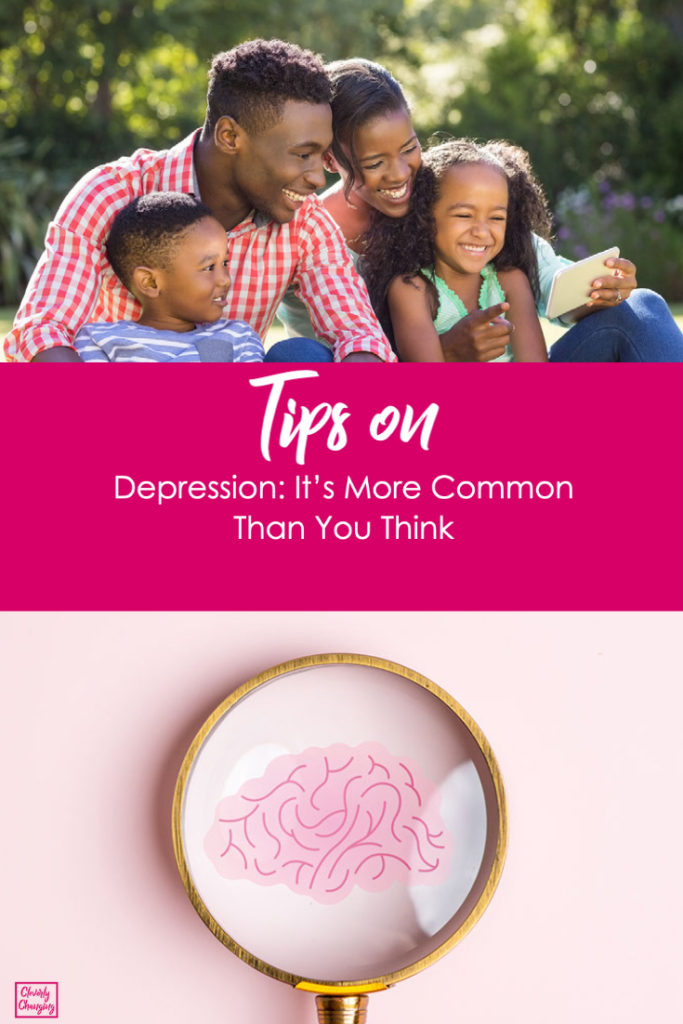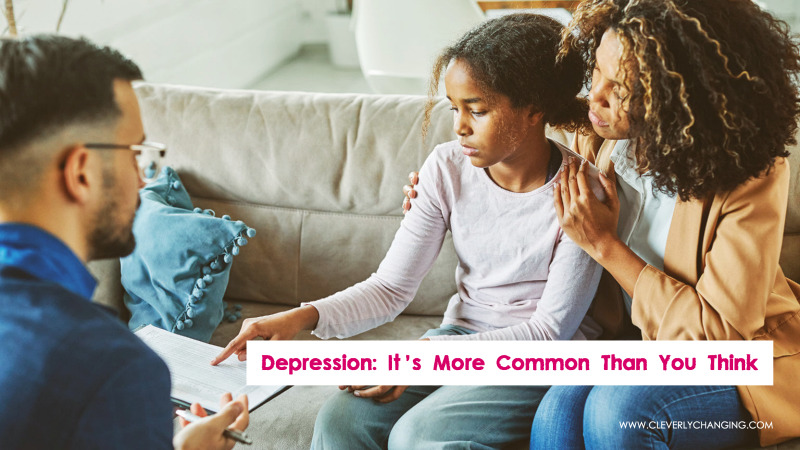Depression is a mental illness that can affect anyone at any age or stage. It is characterized by sadness, hopelessness, and fatigue that last more than two weeks and interfere with everyday activities. According to the National Institute of Mental Health, depression affects more than 16 million adults in the United States annually; which essentially tells us that depression: it’s more common than you think
Despite its prevalence, depression is often misunderstood and stigmatized. In this blog post, we’ll explore some of the common misconceptions about depression and why it’s important to seek help if you’re experiencing symptoms.
Depression Is Not a Sign of Weakness
One of the most common misconceptions about depression is that it’s a sign of weakness. This couldn’t be further from the truth. Depression is a real medical condition that can be caused by a variety of factors, including genetics, brain chemistry, and life events. It’s not something that someone can just “snap out of.”
Depression Is Not the Same as Sadness
It’s normal to feel sad or down from time to time. But these feelings usually go away after a few days or weeks. When someone is depressed, they may feel persistently sad or empty for weeks or months at a time. They may also lose interest in activities they once enjoyed, have trouble sleeping, and experience changes in appetite. These symptoms can interfere with work, school, and personal relationships. If you’re experiencing any of these symptoms, seeking professional help is important.
How Is Depression Treated?
Depression is treatable with medication and therapy. In some cases, people may only need medication to manage their symptoms. Others may need medication plus therapy to achieve full remission of their symptoms. The type of treatment that’s right for you will depend on the severity of your depression and your unique circumstances.
If you think you might be depressed, seeking help from a mental health professional is important. He or she can perform an evaluation to determine if you have depression and develop a treatment plan that’s right for you. With proper treatment, most people with depression are able to manage their symptoms and live healthy, productive lives.
What Causes Depression?
There is no single cause of depression. Rather, it is often the result of a combination of factors, including genetic predisposition, Stressful Life Events, and Brain Structure and Functioning.

Genetic Predisposition
One of the most significant risk factors for developing depression is having a family history of the disorder. If your parents or other close relatives have suffered from depression, you’ll likely experience it yourself. This is because genetic factors can cause depression. Studies have shown that people with certain genes are more likely to experience depression than those without those genes.
However, it’s important to remember that even if you have a family history of depression, it doesn’t mean that you will necessarily develop the disorder yourself. There are many other factors that can contribute to the development of depression.
Stressful Life Events
Another common cause of depression is experiencing stressful life events. These can include things like the death of a loved one, losing your job, or going through a divorce. When you experience a significant change or stressor in your life, it can be difficult to cope. This can lead to feelings of sadness, loneliness, and anxiety—all of which are common symptoms of depression. If you’re struggling to cope with a major life change, it’s important to seek out support from friends, family, or a mental health professional.
Brain Structure and Functioning
Depression is also thought to be caused by changes in the structure and function of the brain. People with depression often have differences in the way their brains process certain chemicals, such as serotonin. Additionally, people with depression may have changes in the structure of their brains.
For example, they may have smaller hippocampi—a region of the brain responsible for memory and learning—than people without depression. While changes in brain structure and function can contribute to depression, it’s important to remember that these changes are usually not permanent. With treatment, it’s often possible to reverse these changes and improve brain function.
How Is Depression Treated?
Depression is treatable with medication and therapy. In some cases, people may only need medication to manage their symptoms. Others may need medication plus therapy to achieve full remission of their symptoms. The type of treatment that’s right for you will depend on the severity of your depression and your unique circumstances.
If you think you might be depressed, seeking help from a mental health professional is important. He or she can perform an evaluation to determine if you have depression and develop a treatment plan that’s right for you. With proper treatment, most people with depression are able to manage their symptoms and live healthy, productive lives.
If you or someone you know is struggling with depression, don’t hesitate to seek help. While it’s often misunderstood and stigmatized, depression is a real medical condition that can be effectively treated with medication and therapy. Remember, you are not alone—help is available.

